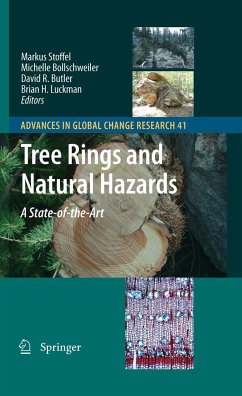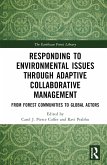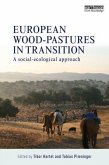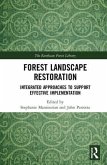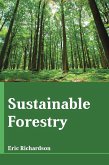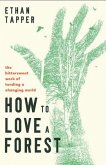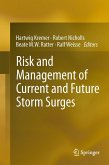Dendrogeomorphology Beginnings and Futures: A Personal Reminiscence My early forays into dendrogeomorphology occurred long before I even knew what that word meant. I was working as a young geoscientist in the 1960s and early 1970s on a problem with slope movements and deformed vegetation. At the same time, unknown to me, Jouko Alestalo in Finland was doing something similar. Both of us had seen that trees which produced annual growth rings were reacting to g- morphic processes resulting in changes in their internal and external growth p- terns. Dendroclimatology was an already well established field, but the reactions of trees to other environmental processes were far less well understood in the 1960s. It was Alestalo (1971) who first used the term, dendrogeomorphology. In the early 1970s, I could see that active slope-movement processes were affecting the growth of trees in diverse ways at certain localities. I wanted to learn more about those processes and try to extract a long-term chronology of movement from the highly diverse ring patterns.
From the reviews:
"The four editors, from the US, Canada, and Switzerland, all contribute their research to this volume, along with some 80 other investigators. The papers examine how trees record geological events, accurately dated by the evidence left in annual rings, and the inferences that may be drawn from these long records. ... Most analyses are highly detailed and specific, so this material will primarily interest advanced students and scientists conducting geological hazard research. Summing Up: Highly recommended. Graduate students and researchers." (M. K. Cleaveland, Choice, Vol. 48 (5), January, 2011)
"Tree Rings and Natural Hazards provides a needed and useful survey of a rapidly expanding area of research: using dendrochronology to study geomorphic hazards, including snow avalanches, landslides, rockfall, debris flows, flooding, earthquakes, and volcanic activity. ... Any tree-ring scientist ... would profit from reading this book, as would other geoscientists and specialists in natural hazards." (Jeff Lukas, Arctic, Antarctic, and Alpine Research, Vol. 43 (1), February, 2011)
"The four editors, from the US, Canada, and Switzerland, all contribute their research to this volume, along with some 80 other investigators. The papers examine how trees record geological events, accurately dated by the evidence left in annual rings, and the inferences that may be drawn from these long records. ... Most analyses are highly detailed and specific, so this material will primarily interest advanced students and scientists conducting geological hazard research. Summing Up: Highly recommended. Graduate students and researchers." (M. K. Cleaveland, Choice, Vol. 48 (5), January, 2011)
"Tree Rings and Natural Hazards provides a needed and useful survey of a rapidly expanding area of research: using dendrochronology to study geomorphic hazards, including snow avalanches, landslides, rockfall, debris flows, flooding, earthquakes, and volcanic activity. ... Any tree-ring scientist ... would profit from reading this book, as would other geoscientists and specialists in natural hazards." (Jeff Lukas, Arctic, Antarctic, and Alpine Research, Vol. 43 (1), February, 2011)

